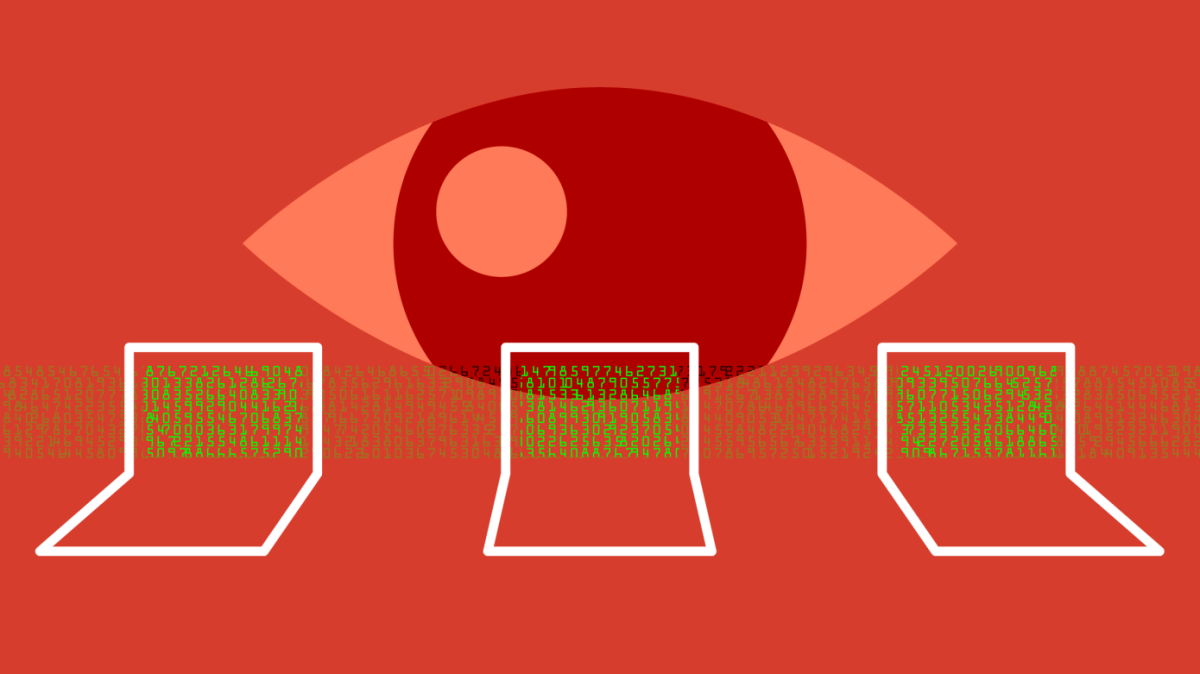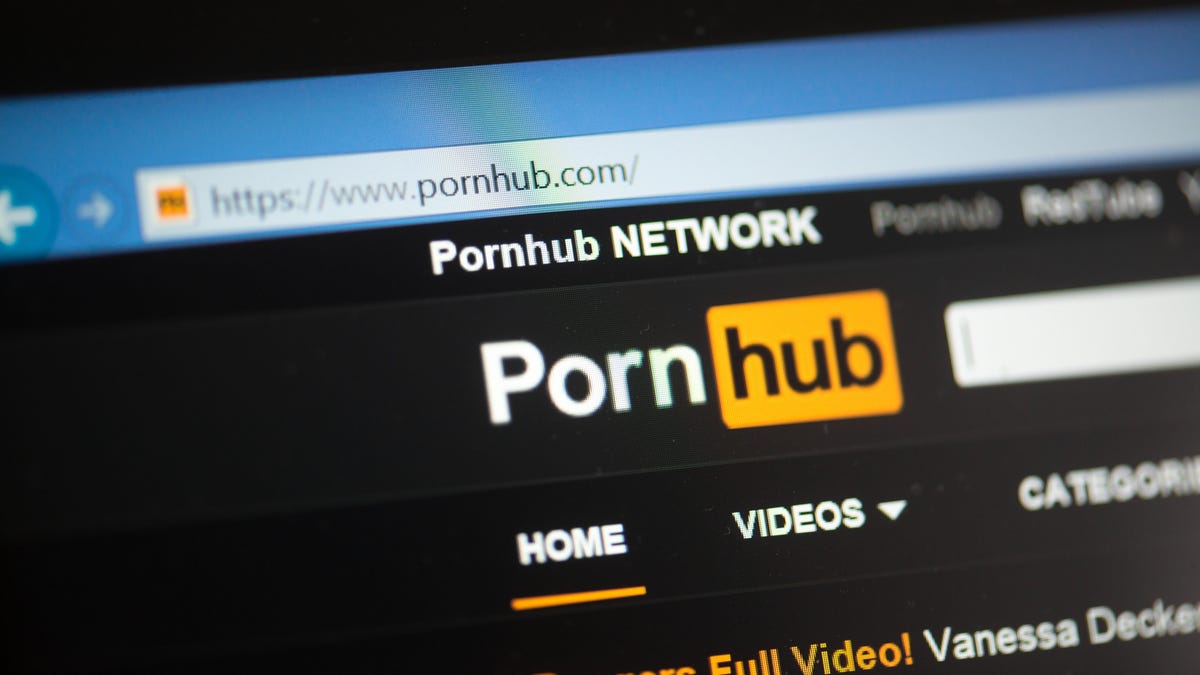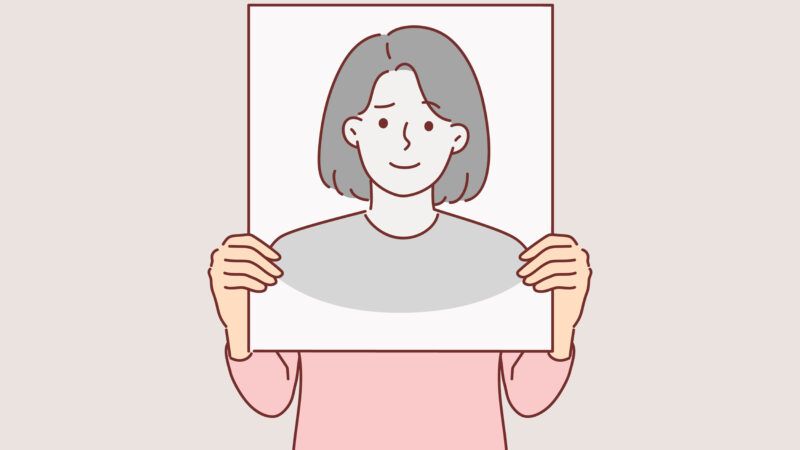
Texas cannot yet enforce ID checks on porn sites | TechCrunch
Many states have enacted laws in the last year that attempt to keep children away from inappropriate content by age-gating adult websites.
Texas cannot yet enforce ID checks on porn sites
Amanda Silberling@asilbwrites / 4:23 PM EDT•August 31, 2023
A Texas judge issued an injunction today to stall the enforcement of an online age verification bill.
The Free Speech Coalition, along with adult video sites like Pornhub, led the legal challenge against Texas’ HB 1181, arguing that the bill violates the First Amendment and infringes on rights guaranteed by Section 230.
“The Court agrees that the state has a legitimate goal in protecting children from sexually explicit material online,” wrote judge David Alan Ezra in the junction. “But that goal, however crucial, does not negate this Court’s burden to ensure that the laws passed in its pursuit comport with established First Amendment doctrine.”
Sponsored by Texas Attorney General Ken Paxton, the bill would make porn sites check users’ IDs to be sure that only adults are accessing sexually explicit materials. The bill would also require that these websites display a “public health warning” in 14-point font or larger, which states that watching pornography can cause mental illness and increase the demand for prostitution and child sexual exploitation.
“Although these warnings carry the label ‘Texas Health and Human Services,’ it appears that the Texas Health and Human Services Commission has not made these findings or announcements,” wrote Judge Ezra.
Many states have enacted laws in the last year that attempt to keep children away from inappropriate content by age-gating adult websites. But digital privacy advocates have voiced concerns for many years about the ways in which online ID verification can backfire.
While HB 1181 does not allow companies or third-party verifiers to retain identifying information about its users, this is difficult to guarantee or enforce.
“Once information is shared to verify age, there’s no way for a website visitor to be certain that the data they’re handing over is not going to be retained and used by the website, or further shared or even sold,” explains the Electronic Frontiers Foundation, a nonprofit advocating for civil liberties online.
When a similar law passed in January in Louisiana, Pornhub conducted age checks via LA Wallet, a state-run digital drivers’ license app. So, in order for an adult to access one of the web’s most popular porn sites, they would have to share their government-issued ID.
Adult sites can be fined for not complying with these laws. Under the bill in Texas, for example, the Attorney General can sue websites for $250,000 each time a minor is found to have accessed sexual material.
Other laws like this have taken effect in Mississippi, Virginia and Utah. Learning from what happened in Louisiana, Pornhub decided to go dark in those states altogether. Instead, users will see a safe-for-work video in which adult actress Cherie DeVille explains why Pornhub doesn’t support age-verification as a way of keeping minors safe online.
“While safety and compliance are at the forefront of our mission, giving your ID card every time you want to visit an adult platform is not the most effective solution for protecting our users,” she said in the video.
Sites like OnlyFans and Pornhub require adult actors to prove their age and identity to cut down on nonconsensual content and child sexual abuse material (CSAM). Still, Pornhub remains at the center of several pre-existing lawsuits regarding CSAM. But other porn sites have even fewer safeguards to ensure that actors aren’t uploading exploitative content.
The judge’s decision in Texas marks a departure from the precedent set by other states. But numerous other online age-verification bills like the Kids Online Safety Act are currently being considered.
“We’re pleased that the Court agreed with our view that HB1181’s true purpose is not to protect young people, but to prevent Texans from enjoying First Amendment protected expression,” said Free Speech Coalition Executive Director Alison Boden in a statement. “The state’s defense of the law was not based in science or technology, but ideology and politics.”

 90 miles away
90 miles away 







:watermark(cdn.texastribune.org/media/watermarks/2013.png,-0,30,0)/static.texastribune.org/media/files/bb8356b0d546f0bc1268aa99361a5949/BD%20INC%20Abbott%20487%202013%20)